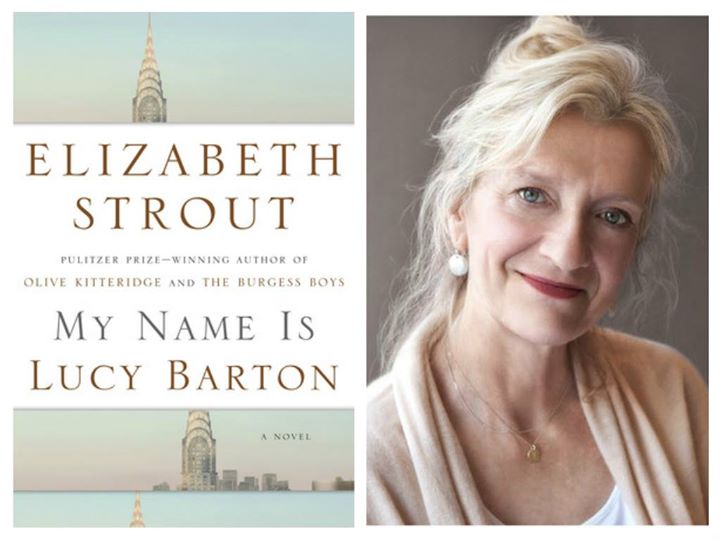
- This event has passed.
Book Club – My Name is Lucy Barton
October 5, 2016 @ 6:30 pm - 7:30 pm

Lucy is a writer — words are her vocation — and yet she, like Olive, hovers at the edge of the sayable, attempting to articulate experiences that have never been and, without the force of her will, might never be expressed. She says she decided in the third grade to be a writer after reading about a girl named Tilly, “who was strange and unattractive because she was dirty and poor.” Books “brought me things,” she explains. “They made me feel less alone. This is my point. And I thought: I will write and people will not feel so alone!”
Lucy Barton’s story is, in meaningful ways, about loneliness, about an individual’s isolation when her past — all that has formed her — is invisible and incommunicable to those around her. Like the fictional Tilly, she endured a childhood of hardship, shunned even by her Amgash classmates, living in a world incomprehensible to her adult friends in New York. Not only did the family have little heat and little food, they had no books, no magazines and no TV: There was a lot for Lucy to catch up on.
Hers is also, though, a simple love story, about a girl’s unquestioning, almost animal love for her mother, and her mother’s love in return; about how what is invisible and incommunicable is not only what isolates but also what binds.
Copies are available to borrow at the library.
